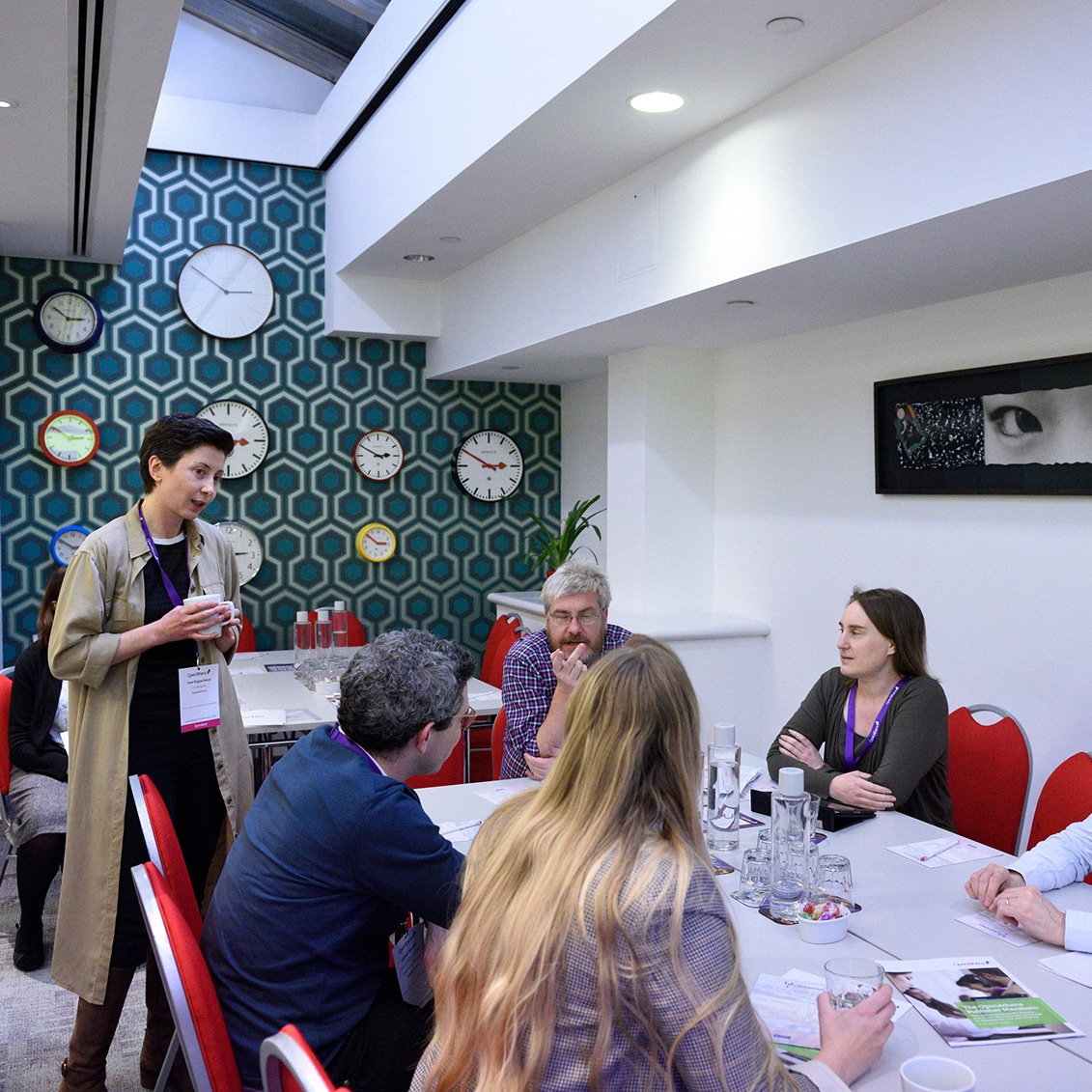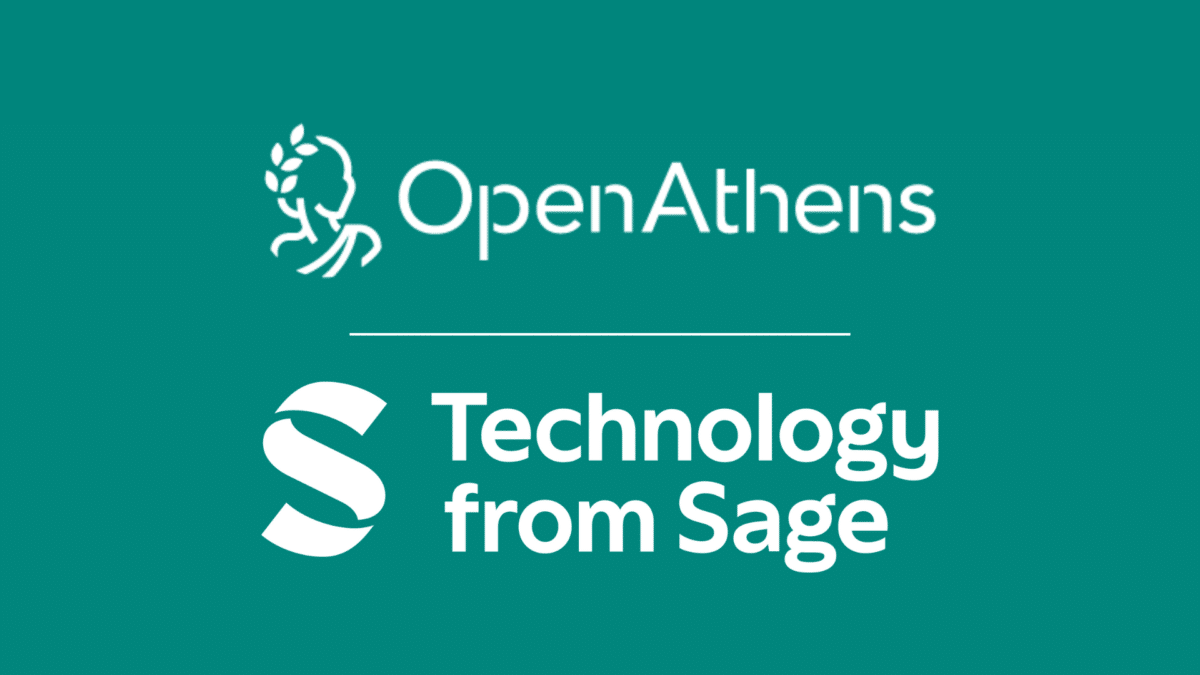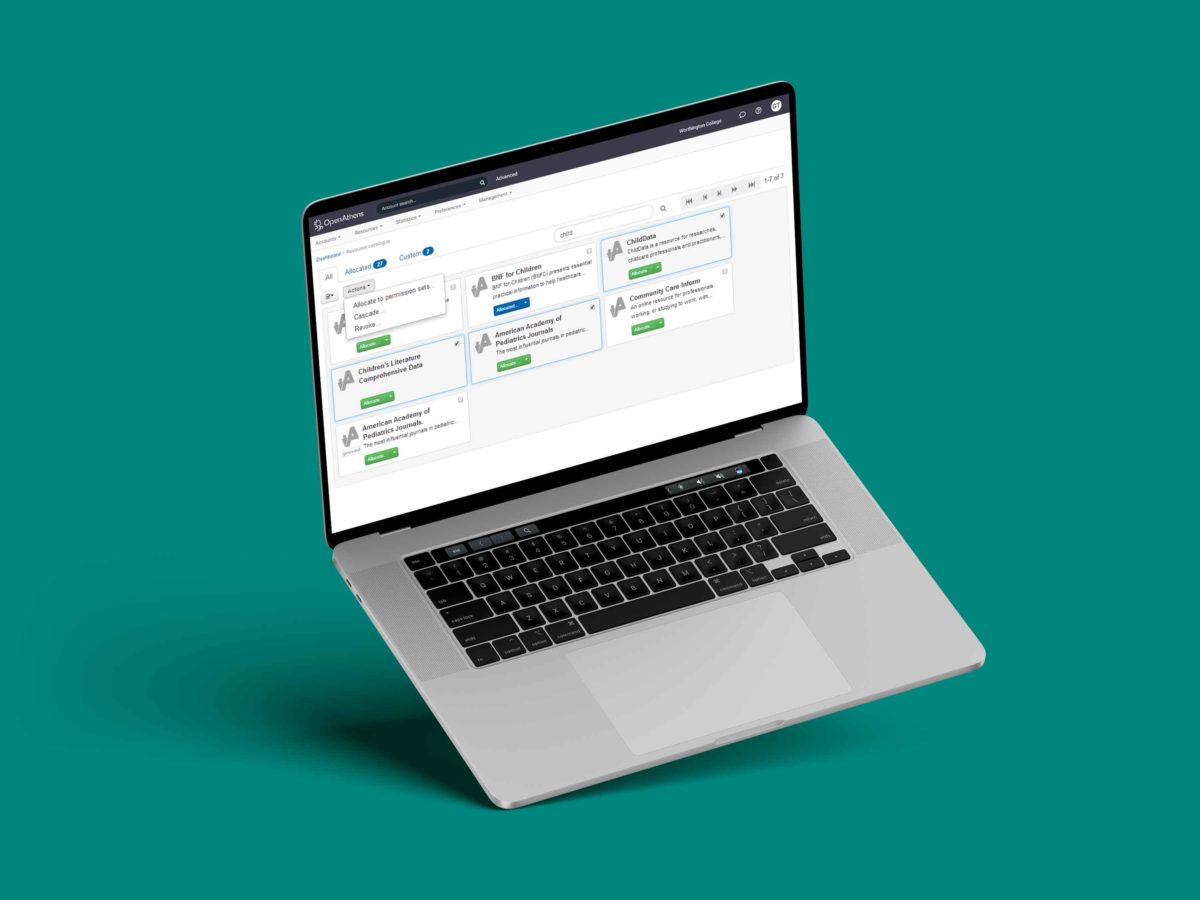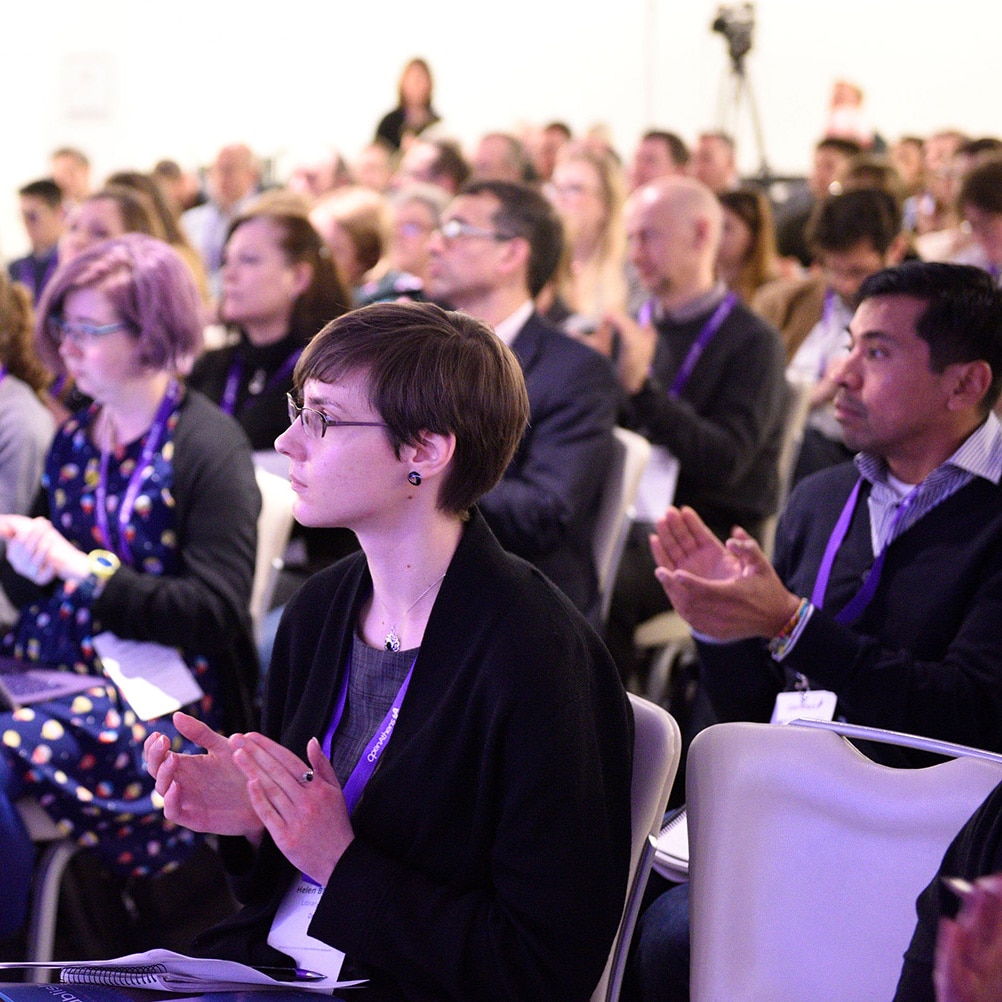Cyber security resource hub
The cyber security threat landscape is always evolving, and attacks are becoming more prevalent and sophisticated.
Explore our collection of educational resources designed to empower you with the knowledge and tools to safeguard yourself and your organization from cyber threats. Join us in building a safer, more secure digital future.

